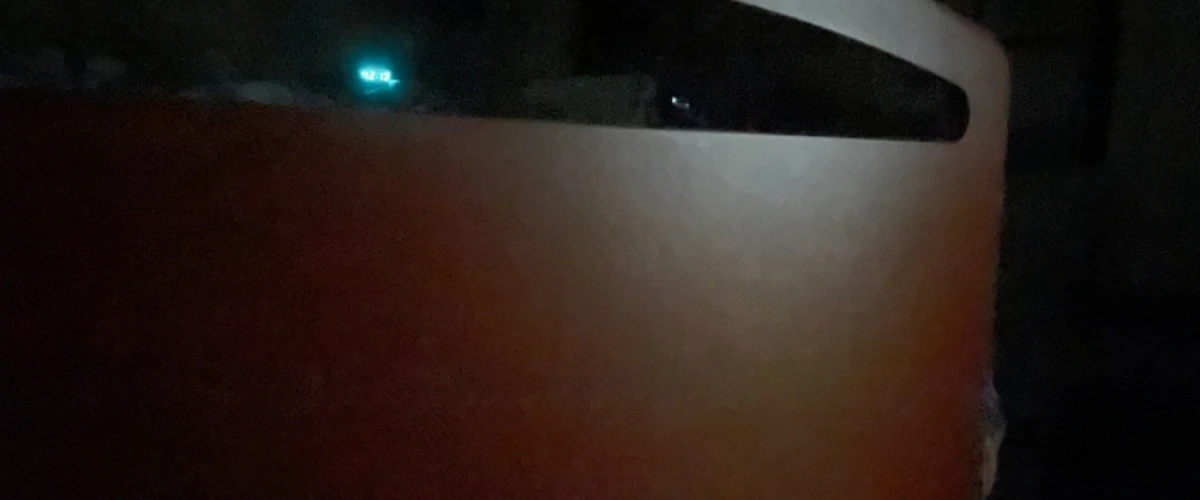
By his side
It has been six months since my father left. I still think of him, and I've been telling myself that I should recount his final moments all this time, but I can't quite bring myself to do it.
Is it necessary to do so? Death is not an event; there's nothing original about it, and it has been discussed many times over. Death cannot be narrated; what happens around it colours the eternal universe and marks our future absence.
During the last months of his life, my father remained mysterious. He had reached that point, as he used to say. My mother regrets that he didn't talk much about it. That was how he was, possessing wisdom or clumsiness, a dream, and probably some fantasies that he didn't disclose to anyone.
He was close to us. He listened to us and remained loving and solitary. I remember the moment when I was sitting beside him while the rest of the family rested in the kitchen. I was stroking his forehead. He breathed heavily, his mouth wide open like a fish gasping for air. I started humming a lullaby, driven by a filial but futile desire to comfort him.
He had a nervous tic of the head, mechanically signalling that it annoyed him more than anything else. He was in the process of dying. I started crying, removing my hand, unable to continue my little tune.
We don't know what we cry for when we are close to death. We are relatively calm. Papa wasn't always quiet, despite the drugs they administered to him. Despite being so frail, he was surprisingly strong. Stubborn and powerful in every corner of his being. My sisters sometimes had a hard time containing him. I didn't notice anything then because it was my turn to sleep.
That night, before the lullaby episode, I had watched over him; it was my turn. All we could hear was his breath; I observed mine. Papa was going to die; he found it prolonged, he had said to one of my sisters in a moment of consciousness.
It was these moments of wakefulness that impressed me the most. Every time he emerged, he said this and that, and it shook us while making us laugh or cry. We were swimming in a sea of unknowns.
Then, there were two essential moments during the medical assistance process in dying where the person must confirm that this is what they desire. He had the certainty, fully conscious, that it needed to stop, and then he went back to sleep.
There was beauty in acceptance from all of us. We had reached that point with him, and it was alright. If there is liberation, it lies in the reminder of the inevitable, that what is within us must be passed on. Our journey is just a tiny step in a voyage. We neither know the beginning nor the end.
Death doesn't stop the living; it's like the tide that sculpts the beaches. It's the water that forges the cliffs. It's the shadow that forms behind us while we savour the sunlight.
It was a privilege to be there for my father's last moments. I can understand those who don't have the chance to say goodbye: wars, accidents, catastrophes tearing lives apart.
Once again, we were privileged. We have problems and weaknesses, but our family emerges from fertile and generous soil. It continues with my sisters' children. And for me, it continues in the urgent reflex of typing on a keyboard.
We cannot say no to life. It is the very definition of death.